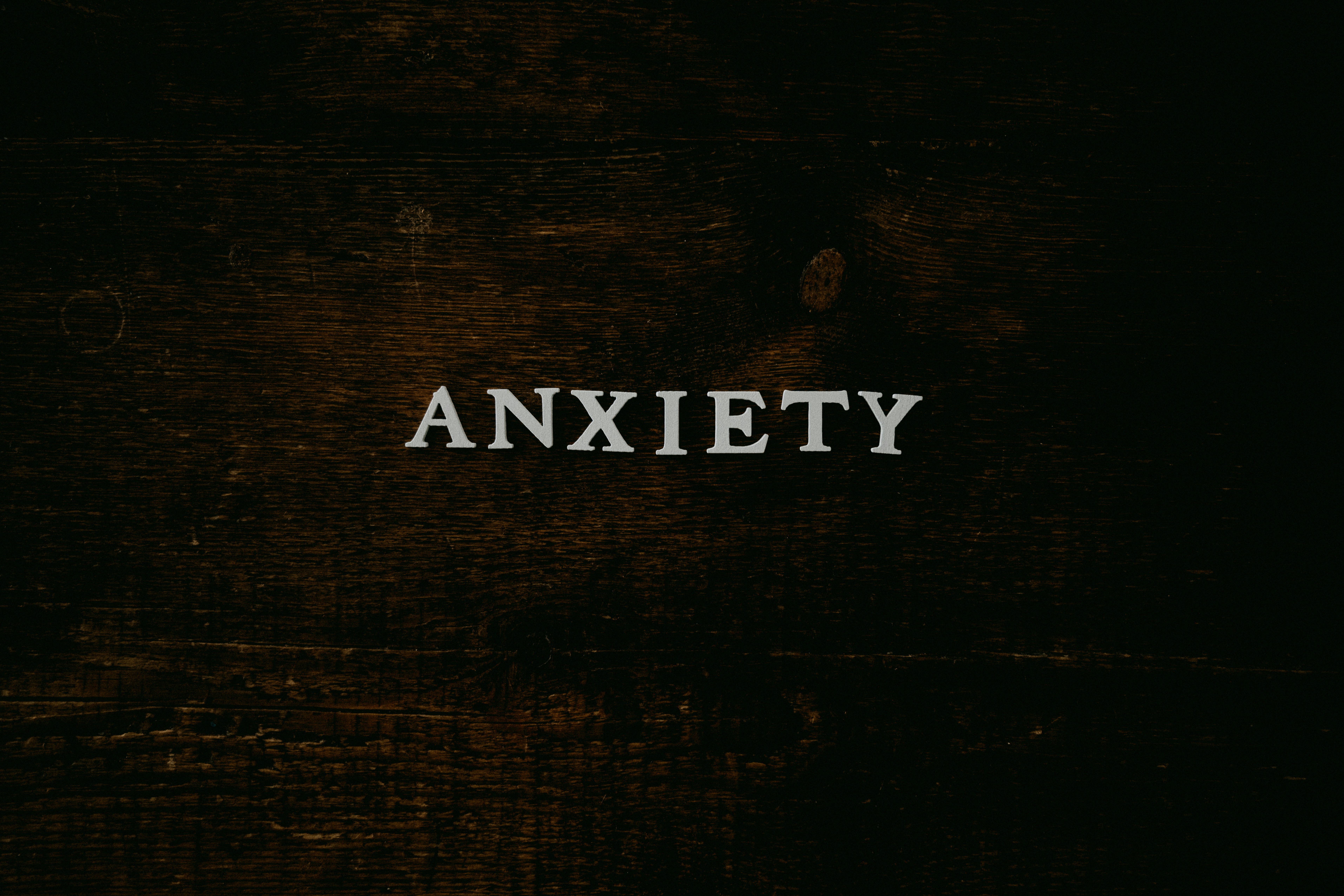
Marriage is a beautiful journey that brings two individuals together to share their lives, dreams, and aspirations. However, like any relationship, marriages are not immune to conflicts and disagreements. In fact, it is quite common for couples to experience disputes and challenges along the way. Understanding the causes of marital disputes and learning effective ways to resolve them can help couples strengthen their bond and create a happier, healthier relationship.
1. Poor Communication
One of the primary causes of marital disputes is poor communication. When couples fail to communicate effectively, misunderstandings arise, and tensions escalate. Miscommunication can occur in various forms – from not listening attentively to each other’s needs and concerns, to using hurtful language or avoiding difficult conversations altogether.
To resolve this issue, it is crucial for couples to prioritize open and honest communication. This involves active listening, expressing thoughts and feelings clearly, and seeking to understand each other’s perspectives. Regularly setting aside dedicated time for meaningful conversations can also help improve communication and prevent misunderstandings.
2. Financial Issues
Money matters can often become a significant source of conflict in a marriage. Differences in spending habits, financial goals, or even debt can lead to disagreements and tension between partners. Financial stress can strain the relationship and create a sense of insecurity and resentment.
To address financial issues, couples should establish open and transparent communication about their financial situation. This includes discussing budgeting, savings, and long-term financial goals. Creating a joint financial plan that considers both partners’ needs and aspirations can help alleviate conflicts and promote financial harmony.
Seeking professional advice from a financial planner or attending financial management workshops together can also provide couples with the necessary tools and knowledge to navigate financial challenges effectively.
3. Lack of Intimacy
Physical and emotional intimacy is vital for a healthy and fulfilling marriage. However, the demands of daily life, stress, and other factors can often lead to a decline in intimacy, causing strain in the relationship. The lack of connection can make partners feel neglected, unloved, or disconnected from each other.
To address this issue, couples should prioritize quality time together and make efforts to reignite the spark in their relationship. This can involve planning date nights, engaging in activities that both partners enjoy, or simply dedicating time for intimate conversations. It is also important for couples to express their affection and appreciation for each other regularly.
Additionally, seeking professional help from a relationship counselor or therapist can provide couples with valuable guidance and techniques to improve intimacy and strengthen their emotional bond.
4. Unrealistic Expectations
Unrealistic expectations can place undue pressure on a marriage and lead to disappointment and frustration. When couples expect their partner to fulfill all their needs and desires, it can create an unhealthy dynamic and strain the relationship.
To overcome this challenge, couples should have open and honest conversations about their expectations. It is essential to recognize that no one person can meet all of their partner’s needs. Establishing realistic expectations and understanding that both partners have limitations can foster a more balanced and harmonious relationship.
Practicing gratitude and focusing on the positive aspects of the relationship can also help manage unrealistic expectations and promote a sense of contentment and appreciation.
5. Lack of Trust
Trust is the foundation of any successful marriage. When trust is broken, whether through infidelity, dishonesty, or other actions, it can lead to deep-seated resentment and conflict.
Rebuilding trust takes time and effort from both partners. It requires open and honest communication, accountability, and a commitment to change. Seeking the guidance of a couples therapist or relationship counselor can provide couples with the necessary tools and support to rebuild trust and heal the wounds caused by betrayal.
6. Different Priorities and Values
Conflicts can arise when partners have different priorities and values. This can manifest in disagreements about career choices, parenting styles, or even lifestyle preferences. When partners fail to find common ground or respect each other’s perspectives, it can lead to ongoing disputes.
To address this issue, couples should engage in open and respectful dialogue about their priorities and values. It is important to listen to each other’s viewpoints without judgment and seek compromise whenever possible. Finding shared interests and goals can help bridge the gap and create a stronger foundation for the relationship.
7. Lack of Emotional Support
Emotional support is crucial for a thriving marriage. When partners do not feel emotionally supported by each other, it can lead to feelings of loneliness, frustration, and resentment.
To foster emotional support, couples should practice active listening and empathy. Taking the time to understand and validate each other’s emotions can strengthen the emotional bond between partners. Creating a safe space for vulnerability and offering comfort and encouragement during challenging times can also enhance emotional support within the relationship.
Conclusion
Marital disputes are a common part of any relationship, but they do not have to be detrimental. By identifying the causes of these disputes and implementing effective strategies to resolve them, couples can strengthen their bond and create a more harmonious and fulfilling marriage. It is essential to remember that open communication, mutual respect, and a willingness to work through challenges together are key to overcoming marital conflicts and building a strong, lasting partnership.





